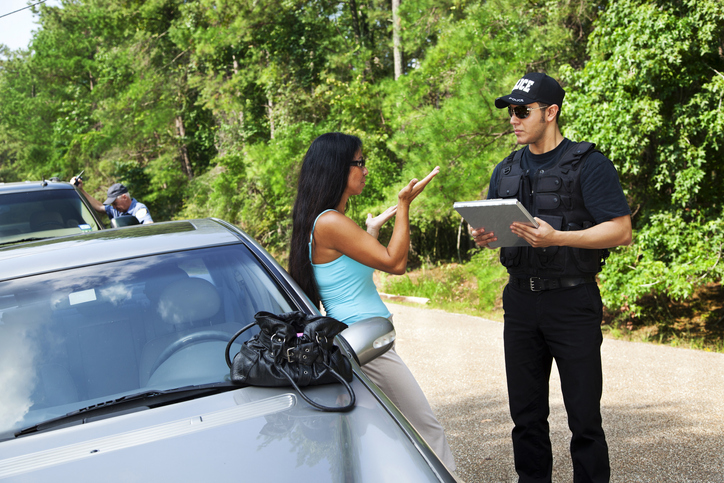
Auto accidents can be complex and often result in insurance claims and legal proceedings. In New Jersey, police reports can play a crucial role in documenting the details of an accident and can significantly impact the outcome of an auto accident claim. In this blog post, we will explore the importance of police reports in auto accident claims, highlighting their role in determining fault, providing evidence, and facilitating the claims process.
- Documenting the Accident: When a auto accident occurs, it is essential to contact the police and request their presence at the scene. The responding officers will gather vital information about the accident, including the location, date, time, parties involved, and their respective insurance information. They will interview witnesses, assess the damage to vehicles, and note any visible injuries. This information is compiled in a police report, which serves as an official document that captures the essential details of the accident. The report may provide an objective account of the incident, and it may become a crucial piece of evidence in the subsequent auto accident litigation.
- Determining Fault: New Jersey follows a modified comparative fault system, meaning that fault is apportioned among the parties involved in an accident. If the plaintiff is found to be more than 50% liable for the cause of the accident, the plaintiff cannot recover. The police report plays a vital role in determining fault by providing an impartial evaluation of the accident scene. Officers may include their observations, statements from involved parties and witnesses, and any applicable traffic laws in the report. Insurance companies and legal authorities often rely on the police report as a starting point for assigning fault. While the report itself is not the final say on fault, it carries significant weight in the decision-making process.
- Providing Evidence: Police reports serve as valuable evidence in auto accident lawsuits. They document critical details, such as weather conditions, road markings, and statements from involved parties and witnesses. This evidence can help establish the sequence of events and clarify any discrepancies in the accounts provided by the parties involved. Insurance companies, attorneys, and courts may refer to the police report when assessing liability and determining the appropriate compensation for damages. It is crucial for all parties involved to review the police report carefully, ensuring its accuracy and noting any discrepancies that may need to be addressed.
If you are involved in a auto accident, it is crucial to contact the police and ensure that a comprehensive report is prepared. By understanding the significance of police reports, you can navigate the claims process more effectively and work towards a fair resolution. After you contact the police, be sure to call the experienced attorneys at Cohn Lifland to discuss your legal liabilities, rights, and remedies. Read our recent PUBLIC ACCESS blogs on "Emergency Services Records" and "Retention of 911 Call Recordings"
